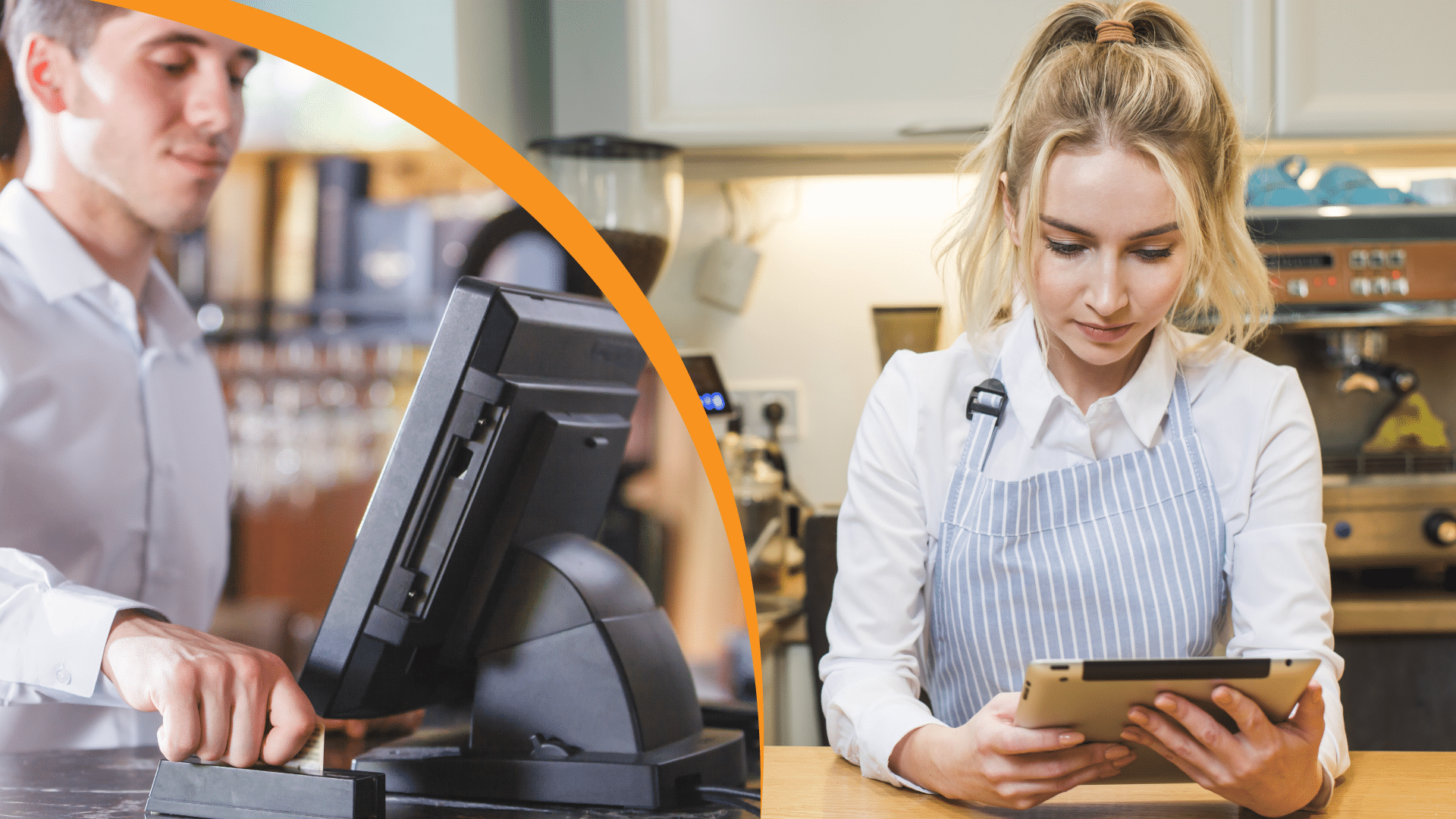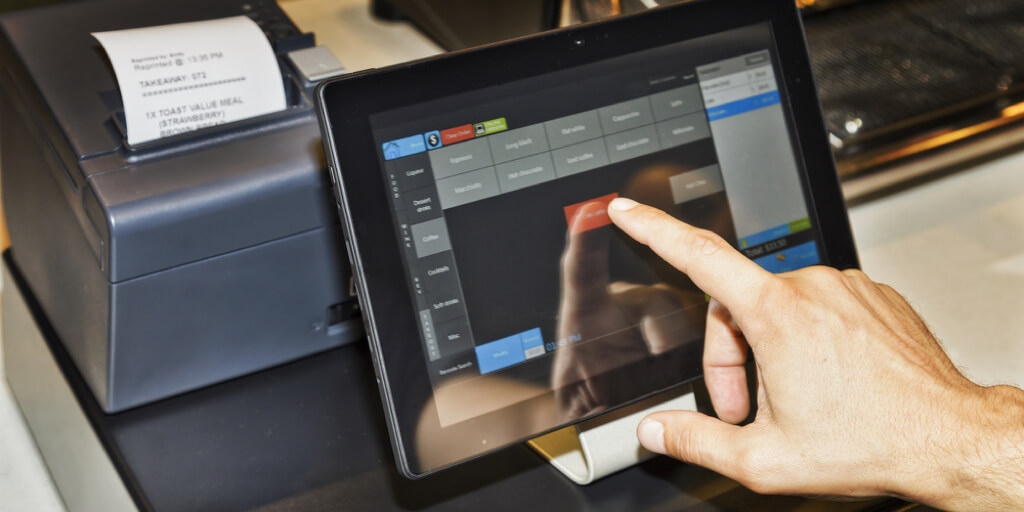Why POS Systems Are Smarter Than Traditional Billing

In today’s fast-paced business world, efficiency and accuracy are the keys to staying competitive. For decades, businesses relied on traditional billing methods such as manual registers, handwritten receipts, and simple calculators. While these systems served their purpose in the past, the demands of modern commerce require a smarter, faster, and more reliable solution. That’s where Point of Sale (POS) systems come in.
A POS system is more than just a tool for processing sales. It’s an integrated solution that combines billing, inventory management, customer tracking, and reporting into one platform. Compared to traditional billing methods, POS systems offer significant advantages that make them the smarter choice for today’s businesses. Let’s explore why.
1. Speed and Efficiency at Checkout
Traditional billing often involves writing receipts by hand, double-checking amounts, and manually entering prices. This process is slow and leaves room for mistakes. A POS system, on the other hand, automates everything. Prices are scanned or selected, totals are calculated instantly, and digital receipts can be generated in seconds. This not only speeds up the checkout process but also improves the customer experience by reducing long queues and wait times.
2. Accuracy That Reduces Errors
One of the biggest drawbacks of traditional billing is human error. Miscalculations, incorrect pricing, or illegible handwriting can lead to disputes and loss of revenue. POS systems eliminate these risks by automating calculations and ensuring prices are consistent across the system. Discounts, taxes, and offers are applied automatically, leaving no room for manual mistakes. Accuracy builds trust, and trust keeps customers coming back.
3. Smarter Inventory Management
Traditional billing methods don’t track stock in real-time. Business owners often rely on manual counts or guesswork to know when to restock. A POS system changes this completely. Every sale is automatically recorded, and inventory levels update instantly. Owners can receive alerts when items are low, track fast-moving products, and prevent overstocking or stockouts. Smarter inventory management means fewer losses and more opportunities to boost sales.
4. Better Customer Experience
Customers today expect more than just a receipt. They want loyalty rewards, personalized offers, and smooth transactions. Traditional billing systems cannot support these features, but POS systems can. They allow businesses to create loyalty programs, track customer preferences, and offer discounts based on buying habits. This not only increases customer satisfaction but also strengthens long-term relationships.
5. Real-Time Data and Insights
A key advantage of POS systems is their ability to generate detailed reports. With traditional billing, owners often have to sift through piles of paper to calculate sales and profits manually. POS systems make reporting easy by providing real-time insights into sales trends, peak hours, top-performing products, and staff performance. With data at their fingertips, business owners can make smarter decisions that drive growth.
6. Integration with Modern Payment Methods
Cash was once the dominant form of payment, but times have changed. Customers now prefer card payments, mobile wallets, and even contactless options. Traditional billing methods struggle to keep up with these changes. POS systems, however, integrate seamlessly with all modern payment modes, making transactions smoother and more convenient for customers.
7. Scalability and Flexibility
For small businesses, traditional billing may seem adequate in the beginning. But as the business grows, manual methods become inefficient and overwhelming. POS systems scale with your needs. Whether you’re expanding to multiple branches, selling online, or adding new product categories, a POS system adapts and supports growth seamlessly.
Final Thoughts
Traditional billing systems may still work for very small operations, but they simply can’t match the speed, accuracy, and intelligence of modern POS systems. By automating processes, reducing errors, and offering real-time insights, POS systems empower businesses to work smarter, not harder.
In an age where customer expectations are higher than ever and competition is fierce, adopting a POS system is no longer a luxury—it’s a necessity. Businesses that make the switch not only streamline their operations but also set themselves up for long-term success.






